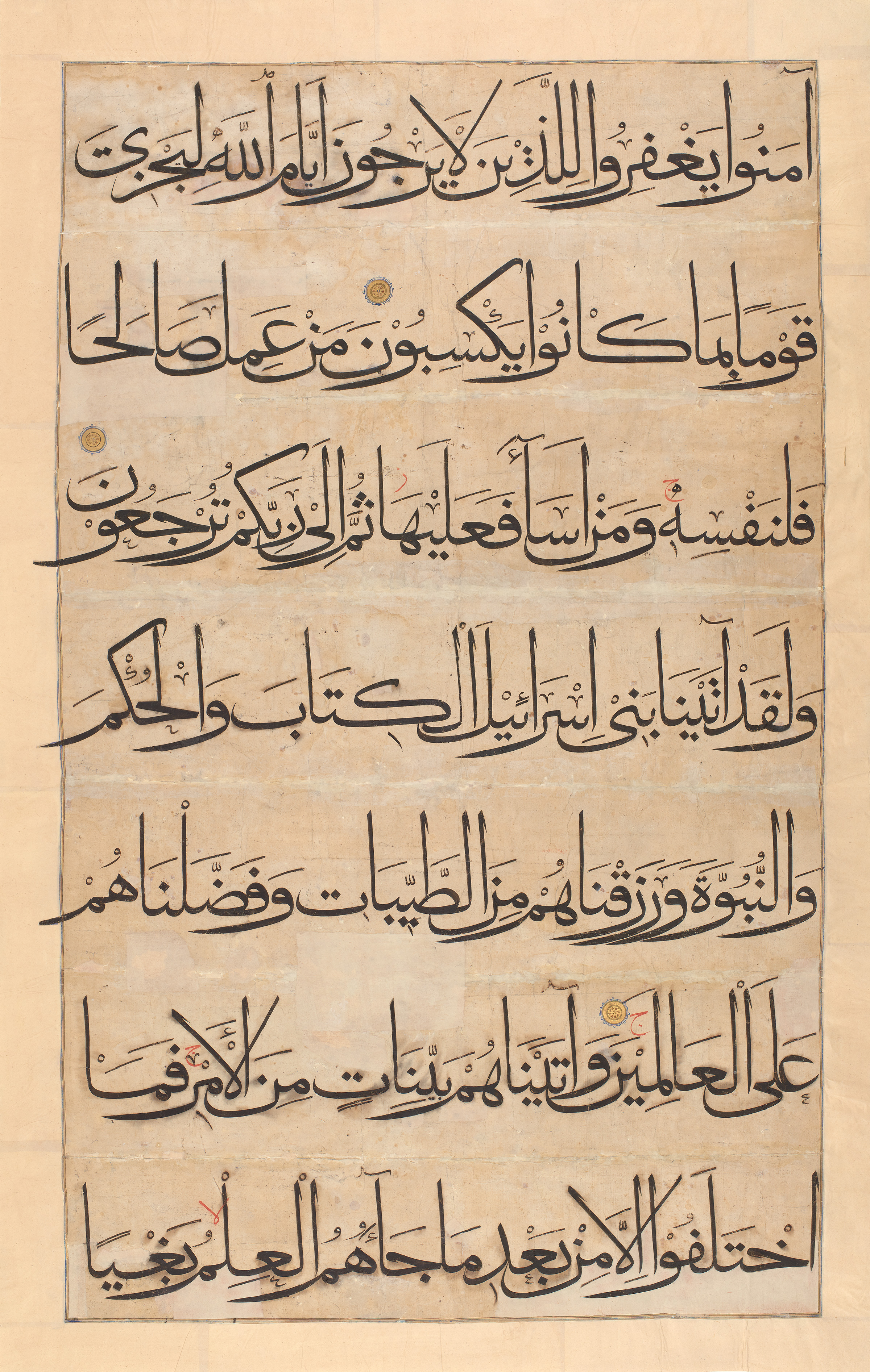Per Tall Skinny Kiwi’s call for bloggers, I’m blogging a reading from the Qur’an today. Even though the planned publicity stunt burning didn’t take place, there’s no reason not to fill the void of hate with education.
When Jesus is asked what is the greatest commandment, Jesus replies with the Shema (Deut 6:4-9) and a commandment about loving your neighbor. Here it is in Christianity and in Islam side by side:
“You shall love the Lord your God with all your heart, and with all your soul, and with all your mind, and with all your strength.’ The second is this, ‘You shall love your neighbor as yourself.’ There is no other commandment greater than these.”
Mark 12:30-31, NRSV
“Worship Allah and join none with him (in worship); and do good to parents, kinsfolk, orphans, the poor, the neighbor who is near of kin, the neighbor who is stranger, the companion by your side”
Qur’an, chapter 4, verse 36
The verse in the Qur’an actually has many translations due to the difficulty of translating Arabic to English. Here’s a list of the varied translations. But the key point of difficulty is the first section: Worship Allah and join none with him. This first verse is a direct challenge to the claims of Christianity that Jesus was God’s son. On the Dome of the Rock at Mecca, it is inscribed in various places that Jesus was just a messenger and that it is unthinkable that God would have a son or embodied divinity. This was inscribed after the Crusades (Christians v. Muslims) and is thus a political as well as theological statement.
We would think this would be a stumbling block to relations with Islam and Christianity, but if you think about it, the Jewish faith has denied Jesus’ Messiahship since the Incarnation. They deny the basic tenet of our faith: that God has a son who is the Messiah and is Jesus Christ. Both of these world religions deny the basic building block of Christianity: the Incarnation. I cannot tell you how much of my theology is built on the Incarnation, and thus it is an important affirmation.
And yet in the verse above, theology is in an uneasy marriage to praxis (action). It’s OK to make a theological affirmation, but join hands and serve one another even those who are infidels, heretics, or violent towards you.
Thus in the Qur’an verse above, we have the model for interfaith living. Make your theological affirmations, hold tight to them, and serve your neighbor with the highest of ideals. Interfaith centers, places of worship, theological seminaries (ie. Claremont), global responses to tragedy: they all hold tight to their faith but put their hands and feet in service to their neighbor.
May our future hope shine brighter than the flames of intolerance and hatred.


thanx for this beautiful and honest contribution.
i think this is how we should interact with our Muslim neighbours, it is far more Christ-like then burning a book in the name of your own truth.
greetz from the Netherlands,
peTer
You made me go get my Koran again. I am asking it a lot lately but let me repeat it: Have you read the entire Koran, all the way through, or are you just quoting selected parts that someone has given you? It makes a difference. For instance if you were reading the passage in question and read the next verse you would see that if closes with the following sentence:
"For disbelievers we prepare a shameful doom."
Are we to act with love and courtesy toward the Muslims we meet in our everyday lives? Yes, after all we are Christians. But that does not mean that we do not understand what there religion teaches. Do you accept the caricatures of our faith that the media put out there? I hope not. Then why would you accept their description of Islam as a religion of peace?
What do we do when someone who once claimed to follow Jesus goes apostate? We love them and hope the best for them. If you had a Koran and kept reading a few verses beyond the quote you would find the following in 89:
…if they turn back (to enmity) then take them and kill them wherever ye find them,…
This is how the Koran says they treat those who leave the faith.
Don't ever make the mistake of thinking real Islam is a religion of peace and that they are brothers who are only a little different from us.
Don't take my word for it. READ THE KORAN, please.
Grace and Peace.
I believe our Christian faith has something to say about unbelievers as well: they burn in a lake of fire.
At different points in our history, we have used those verses to justify wars and killing in the name of Christ.
How is that any different from Islam? Point out any number of passages in the Qur'an and I can point out similar ones in our Scripture when it comes to outsiders and heathens.
The point of my conversation is that each of our religions negates the other. But should that stop us from solving problems together and seeking a meaningful dialogue? I don't think so.